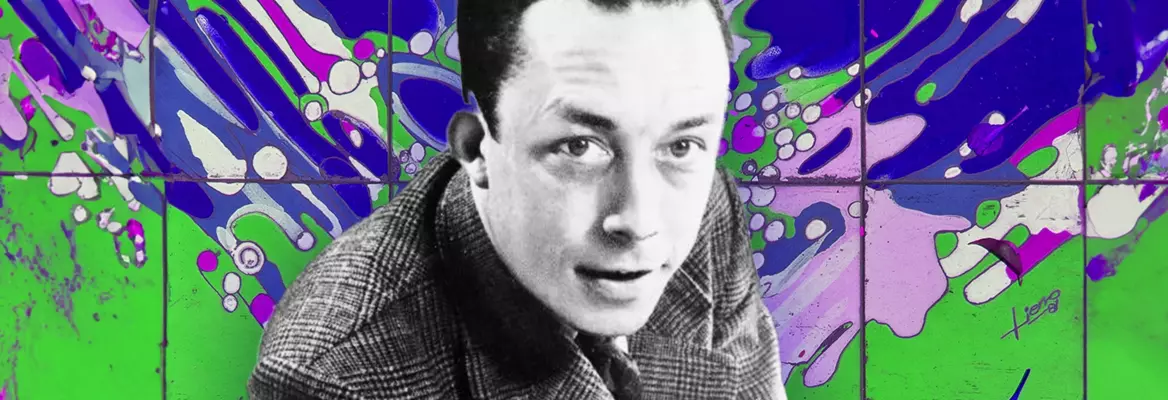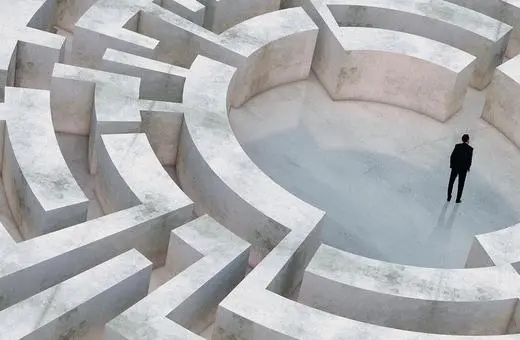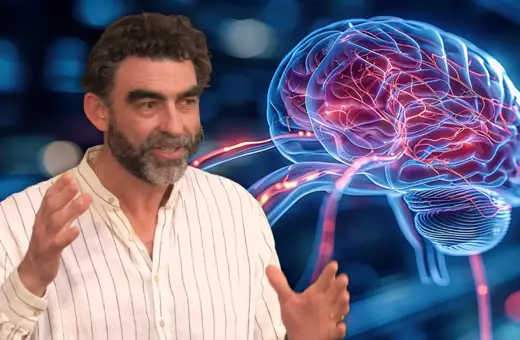Control lurks behind the rhetoric of freedom, but how might an explicit acknowledgement look like in practice? In this interview, Uriel Aublof explores how the politics of Margaret Thatcher and Benjamin Netanyahu disguised liberty as control, and why Albert Camus’ emphasis on choice over control could change our politics for the better.
Harry Carlisle: Your recent paper ‘Cosmic Political Theory’ describes a universe overcome with dread. If we’re concerned with fear and the human condition, another thinker that came to mind was Camus and his ‘Absurd’. Was this an idea you also had when writing the piece? Is cosmological thinking ultimately an extension of the Myth of Sisyphus?
Uriel Aublof: If you go back to Camus', Myth of Sisyphus. He was also, in some very important ways, trying to undermine the concept of hope. And I think for me, the imaginative way of trying to bring about hope to the cosmos was to consider the possibility that maybe our choices influence life on a cosmic scale. Can you help us better understand perhaps the key biggest mystery that we had building the universe, that of dark energy and dark matter? If organisms actually affect that? Then in some ways, we have resolved Camus' absurd because that is the main thrust of the argument in the Myth of Sisyphus. We are searching for meaning in a meaningless universe. And the meaninglessness of the universe is inherent. It's a fact. We should just accept it. And this piece is trying to challenge that in a way of, well, maybe not entirely. So maybe there are bigger connections here than we typically dare to imagine.
___
Try to imagine how powerful the absence of choice is. Think about Margaret Thatcher. There is no alternative, TINA right? That was the key catchword. There is an alternative. And it's so powerful.
___
Harry Carlisle: The very act of seeking meaning creates meaning. But at the moment of realization that you can impact the world like that would be quite terrifying, especially for someone with an overabundance of power.
Uriel Aublof: Right, Exactly. Try to imagine how powerful the absence of choice is. Think about Margaret Thatcher. There is no alternative, TINA right? That was the key catchword. There is an alternative. And it's so powerful. This is mighty because if there is no alternative, there is no choice. Well, you just go about doing what you're expected to do, what your politicians leaders are telling you to do and feel good about yourself because it's natural. If you realize you have a choice and on such a scale. This is basically taking our fear of freedom, our angst to the outermost limit. What do we do? We just let it go and pretend we never heard it. Or do we dare to make choices? Even braver one that we're so far.
It is normal to fear the unknown, but what the article is trying to do is encourage us to understand that the alternative is also quite scary. To in some ways re-appropriate your freedom. And again, freedom in the sense of choice, not liberty, but freedom.
Harry Carlisle: Like a Positive liberty? Freedom as being supported to achieve things?




















Join the conversation